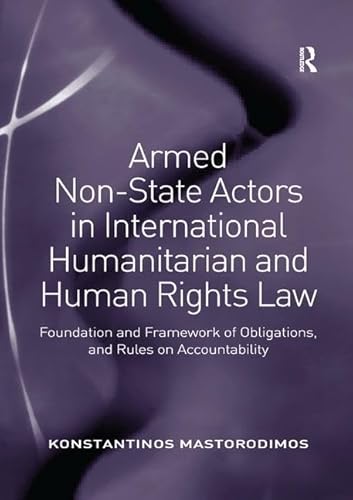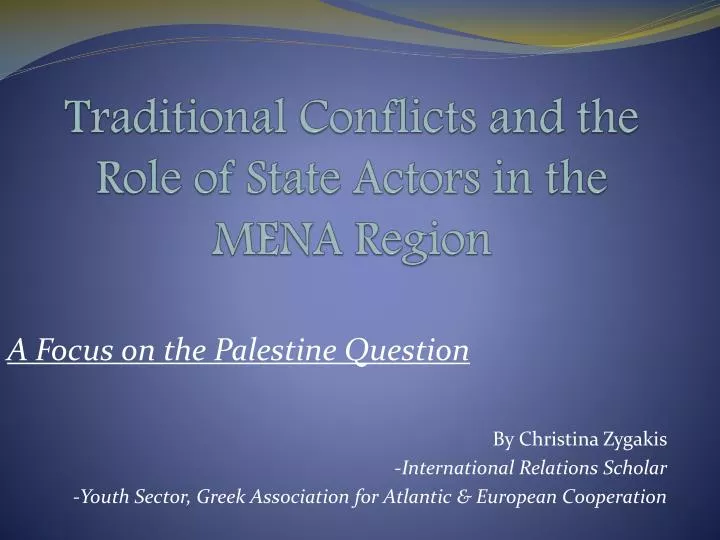


In 2017, two armed non-State actors (ANSAs) 1 from the Central African Republic issued internal command orders prohibiting the recruitment and use of children in armed conflict. This article reviews some of the lessons learned from Geneva Call's experience when engaging ANSAs towards their compliance with child protection norms. When addressing the prohibition of recruiting and using children in hostilities, the reasons behind these variations have remained insufficiently explored. While certain groups have, at a given moment, breached some of their international obligations, others have shown some degree of commitment to respecting children's safeguards. Certain practical cases, however, show that ANSAs’ behaviours may vary throughout armed conflicts. This can be linked to several circumstances, such as their lack of knowledge of the law, the absence of an incentive to abide by the applicable rules, their fragmented structure and their lack of capacity to implement the applicable framework. Despite the existence of a comprehensive international legal framework protecting children in armed conflict, ensuring its respect by armed non-State actors (ANSAs) still remains an important challenge.


 0 kommentar(er)
0 kommentar(er)
